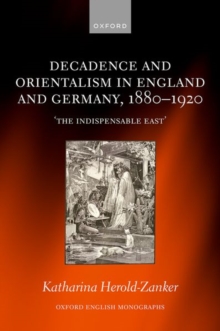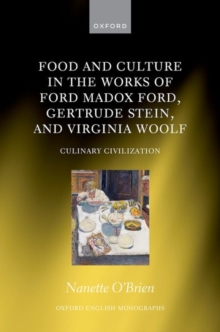
Shakespeare and the Constant Romans Hardback
by Geoffrey (Lecturer in English, Lecturer in English, Victoria University of Wellington, New Ze Miles
Part of the Oxford English Monographs series
Hardback
Description
Shakespeare's Romans are intensely concerned with being `constant'.
But, as Geoffrey Miles shows, that virtue is far more ambiguous than is often recognized. Miles begins by showing how the Stoic principle of being `always the same' was shaped by two Roman writers into very different ideals: Cicero's Roman actor, playing an appropriate role with consistent decorum, and Seneca's Stoic hero, unmoved as a rock despite having been battered by adversity.
Miles then traces the controversial history of these ideals through the Renaissance, focusing on the complex relationship between constancy and knowledge.
Montaigne's sympathetic but devastating critique of Stoicism is examined in detail.
Building on this genealogy of constancy, the final chapters read Shakespeare's Roman plays as his reworking of a triptych of figures found in Plutarch: the constant Brutus, the inconstant Antony, and the obstinate Coriolanus.
The tragedies of these characters, Miles demonstrates, act out the attractions, flaws, and self-contradictions of constancy, and the tragi-comic failure of the Roman hope that `were man/But constant, he were perfect'.
Information
-
Out of stock
- Format:Hardback
- Pages:226 pages
- Publisher:Oxford University Press
- Publication Date:18/01/1996
- Category:
- ISBN:9780198117711
Information
-
Out of stock
- Format:Hardback
- Pages:226 pages
- Publisher:Oxford University Press
- Publication Date:18/01/1996
- Category:
- ISBN:9780198117711










